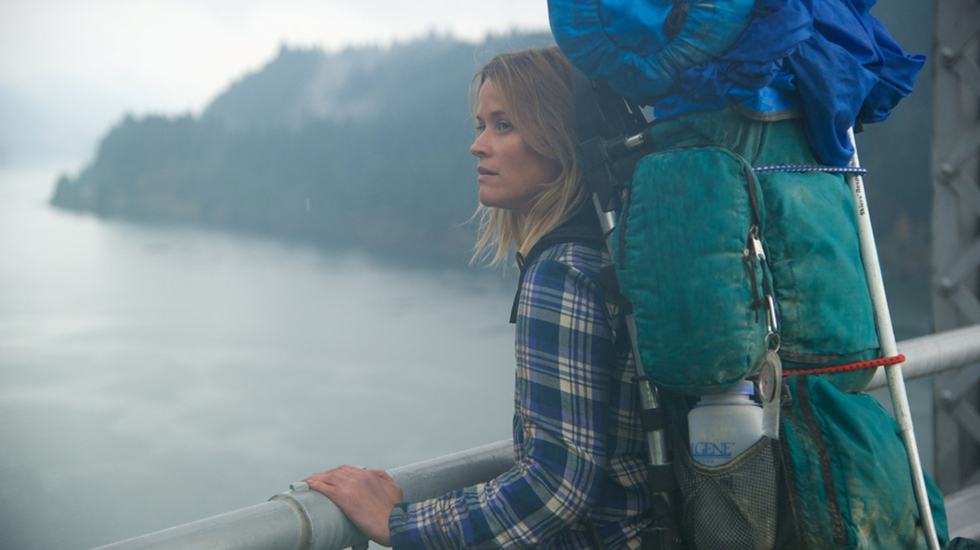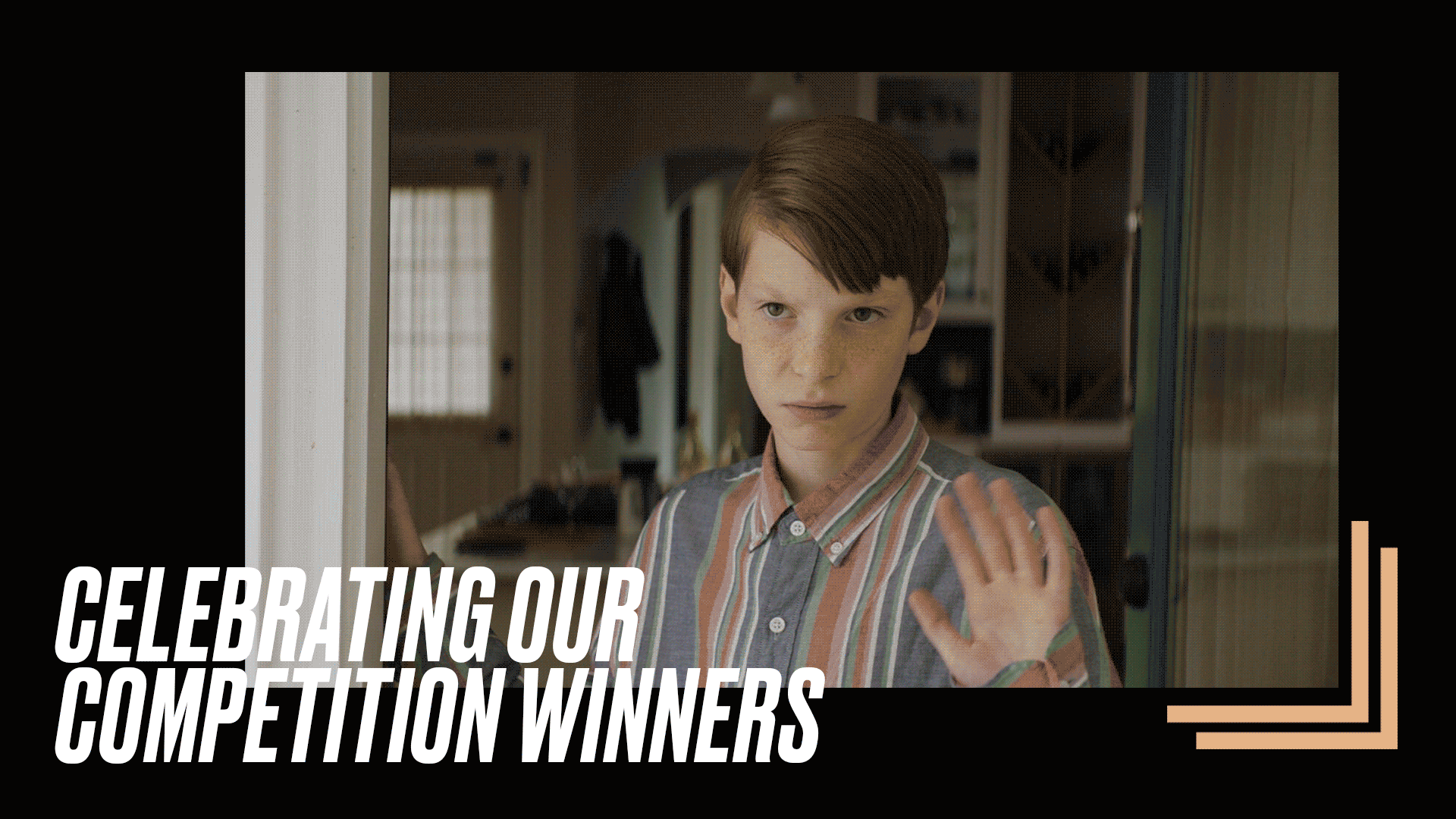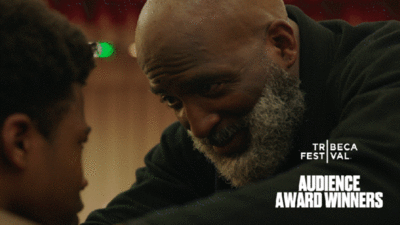
BY KAREN KEMMERLE |
2015 Oscar Nominees Reflect An Important Shift For Actresses
With one blatant exception, of course. The only thing missing is actual diversity.

Despite the report earlier this month from San Diego State University that women comprised only 12 percent of the lead roles in 2014's top-grossing films, this year’s Oscar nominations in the Best Actress/Best Supporting Actresses categories indicate that actresses may be moving in a much more positive direction than the study suggests. For one thing, the quality of the roles that received Oscar nods for actresses is exceptional. For another, there is every indication that women themselves are beginning to take charge of their own destinies.
Women offering a wide range of creative opportunities to other women of all ages, races, and social strata—what a concept.
Wild Nominee Reese Witherspoon is one of a growing list of actresses (including previous Oscar winners Charlize Theron and Hilary Swank) who own their own production companies. At this year’s Oscars luncheon, Witherspoon explained her motivation: “I started my production company [Pacific Standard] two years ago because I saw six of my favorite actresses fighting over a really crappy role in a movie. I thought we deserved better. I wanted to develop material that had strong female leads.” True to her word, Witherspoon served as a producer on both Wild and Gone Girl, which happened to featured two of this year’s most complex female roles based on books written by women authors (Cheryl Strayed and Gillian Flynn).
Witherspoon’s advocacy certainly paid off. She, Wild co-star Laura Dern, and Gone Girl revelation Rosamund Pike rightfully received Oscar 2015 nominations for what is undoubtedly their strongest work in years. At last year’s Oscars, Cate Blanchett (Blue Jasmine) and Lupita Nyong'o (12 Years A Slave) rightfully triumphed over the other best and supporting actress nominees whose talents were eclipsed by ridiculous period hairstyles, fake-y accents and—worst of all— fairly standard material. This year’s nominees are all outstanding, and the Best Actress results would be much more difficult to handicap if Julianne Moore hadn’t given one of the most shattering performances of her career as a women suffering from early onset Alzheimer’s disease in Still Alice.
In addition to Moore, Witherspoon, and Pike, the two other powerhouse nominees in the 2015 Best Actress category are Marion Cotillard (Two Days, One Night) and Felicity Jones (The Theory of Everything). When, in addition to Moore’s valiant Alice, you consider Witherspoon’s soul-searching Cheryl Strayed, Pike’s calculating Amy Dunne, Jones’ restrained, frustrated Jane Hawkins, and Cotillard’s damaged working class woman struggling for hope, it’s impossible to deny that the quality of roles for women—if not the quantity—continues to improve. Another interesting thing to note: all of the Best Actress nominees are over the age of 30.
While the 2015 Best Actress and Best Supporting Actress nominees feel more thematically diverse than in recent years, the only thing missing is actual diversity.
The Best Supporting Actress category is equally striking. Dern received her first Oscar nomination in twenty-three years for her stellar work as a mother who exists only in Strayed’s memories in Wild. Patricia Arquette’s nomination for Boyhood was twelve years in the making, and her layered performance as a woman struggling to find herself and raise her kids is consistently compelling. Emma Stone secured her first nomination as a former addict turned assistant for her father in Birdman, while Meryl Streep secured her nineteenth for her role as misunderstood witch in Into The Woods. Keira Knightley shone as the headstrong Joan Clarke who helped break the Nazi Enigma code in The Imitation Game. The variety of these roles and the quality of the performances from actresses at various stages in their careers suggest that actresses are finding increasing opportunities for meaningful roles at any age, often at their own instigation.
While the 2015 Best Actress and Best Supporting Actress nominees feel more thematically diverse than in recent years, the only thing missing is actual diversity. In that same study from SDSU, 75 percent of the 12 percent of leading female characters in 2014 were white, with the number of black and Latina featured characters decreasing. That unfortunate statistic is clearly reflected in this year’s nominees. While it is baffling (and infuriating) that David Oyelowo was not recognized for his performance as Dr. Martin Luther King Jr. in Ava Duvernay’s Selma, it is even more mystifying that Carmen Ejogo was not nominated for her soulful and grounded work as Coretta Scott King.
With more and more women producing material for themselves and others, perhaps the progress suggested by this year’s strong slate of nominated actresses will only grow. Women offering a wide range of creative opportunities to other women of all ages, races, and social strata—what a concept.

